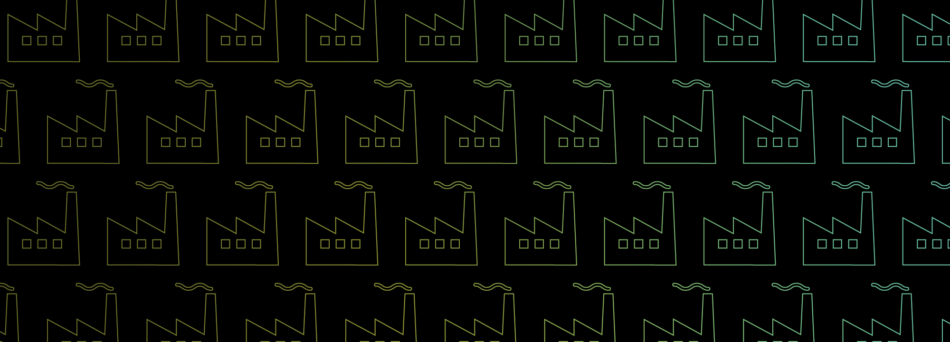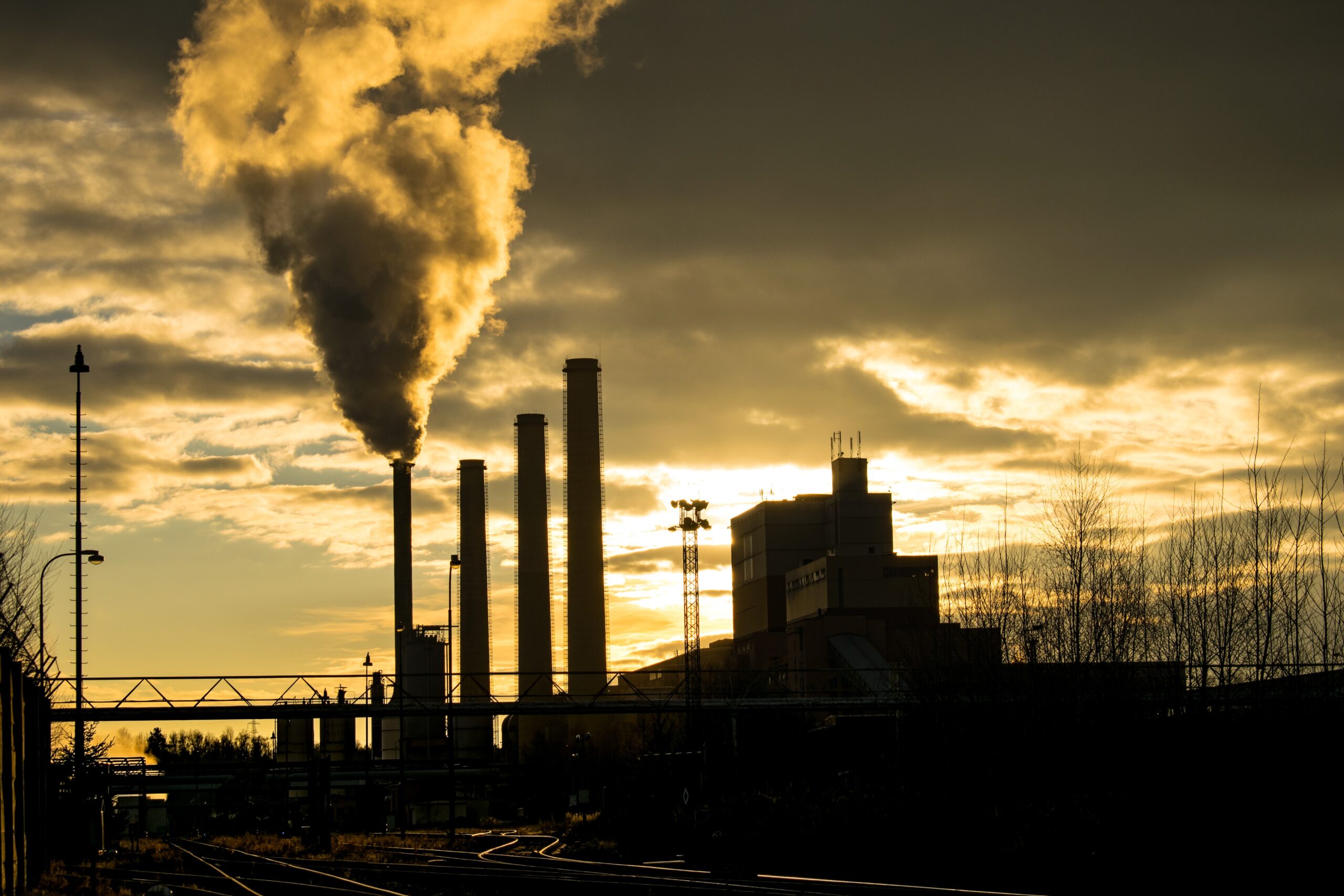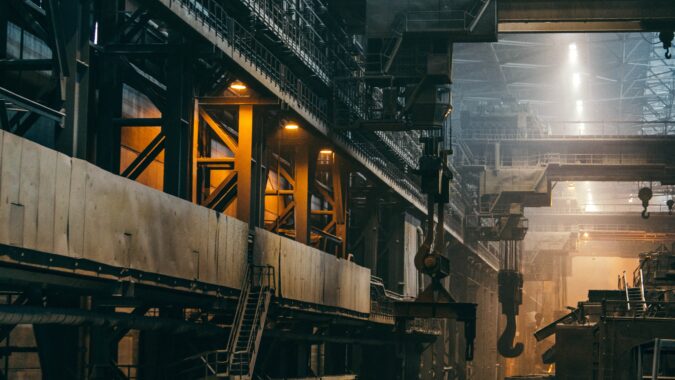
Industrial Waste Disposal
Factories, mills, mines, and many other business places generate a lot of industrial waste. In many cases it’s unavoidable but it’s a criminal offence to dump hazardous industrial waste or dispose of it outside of government regulations. Arrange safe, responsible, and cost-effective industrial waste disposal for your business anywhere in the UK, as we work with local industrial waste collection experts.
Whatever the size and sector of your business, we can provide industrial waste services to deliver a quick and efficient service that positively impacts the environment. We’re one of the UK’s largest waste management companies and fully licensed with a full duty of care that ensures we remove and process industrial waste responsibly. Call 0800 211 8390 or contact us online for a quick quote for your industrial waste removal.
Fast, Free Quotation
Get a fast FREE quote for your industrial waste removal
- Free quote within 1 hr
- Any type of industrial waste
- FREE bins and delivery
- We cover all of the UK
Industrial waste
collection
It’s a criminal offence to dump hazardous industrial waste. We offer industrial waste collection and disposal services to all types of businesses, large and small, across the UK. Wherever you’re based, we’ll have a team of expert providers local to you.
Arrange industrial waste collection on a daily, weekly, or monthly basis depending on your needs. Our industrial waste services ensure your waste is separated according to the relevant regulations and re-used wherever possible. We can also provide you with a range of specialist bins for free and secure industrial waste containers for storage – you just pay for collection.
Our specialists are fully up to date with the relevant waste regulations for industrial waste disposal. We ensure any hazardous waste your business produces is stored, collected, and disposed of in a safe and correct manner, fully in line with UK law.
For further assistance and to speak to one of our helpful advisors about industrial waste disposal, contact us today for more information. We’ll answer any queries you may have and can also offer you a free quote for our expert industrial waste management services. Call us now on 0800 211 8390.
Industrial
waste bins
Industrial bins ensure safe and legal storage of such rubbish before collection. The right industrial waste bin depends on the type and amount of industrial waste you need removing and how often. Industrial waste bins vary in size, from easy-to-move two-wheel bins to static front end loaders and skips best for bigger sites.
We also offer industrial waste bags and containers where appropriate and can advise on the best industrial waste bins and collection schedule for your business. Arrange delivery of one or more of the same or different industrial bins and container sizes to meet your needs. Explore some of the main industrial waste bins available.
Who needs industrial
waste disposal?
Most manufacturing businesses require industrial waste services to safely remove any by-products, offcuts, and other forms of waste they generate. While factories, mills, and plants are the main types of businesses this applies to, businesses in other sectors may also need industrial waste disposal sometimes. These can include:
- Automotive – car manufacturing produces waste metal and more, while garages may have to get rid of unusable fuel and lubricants.
- Construction – such as packaging waste and the results of demolition.
- Factories – the main businesses that generate industrial waste through manufacturing operations across many sectors.
- Hospitals – often hospitals produce chemical and hazardous industrial waste as by-products of other materials they produce and use.
- Laboratories – use of chemicals within research can create industrial waste that may be hazardous.

How does industrial
waste collection work?
-
Select your free bins
It’s quick and easy to organise commercial waste collection for your business.
Simply start by telling us the:
- Type of waste you need removing
- Size of bins you require
- Number of bins you want
We’ll provide you with a free quote.
-
Arrange delivery
When you’re happy with the type, number, and size of free bins, tell us when you need your bins delivering.
Let us know about any access issues where you want the bins delivering – such as locked gates, access codes and times. We’ll get you up and running in no time.
-
Fill up your bin
After the free bins arrive at your chosen location, fill them up with the agreed waste type.
Make sure you remain within any weight limits for the specific waste type and bin size.
-
Get your business waste collected
We’ll arrange waste collection at a time and frequency to suit you and the amount of waste you have.
As featured in…
What is
industrial waste?
Industrial waste is produced during any kind of industrial manufacturing process. It’s all the unusable or faulty material left over after the manufacturing process is completed. This can consist of solid, chemical, hazardous, toxic, and secondary waste. Industrial waste is an unavoidable by-product of manufacturing and generally classes as useless.
A qualified authority must dispose of your industrial waste to protect human health, wildlife, and the environment from dangerous industrial waste. This is because industrial waste can count as hazardous waste or non-hazardous waste.
Typically, there are three main types of industrial waste:
- Chemical waste
- Toxic or hazardous waste
- Solid waste
Improper industrial waste disposal can cause numerous environmental problems. It may lead to large amounts of pollution, including the release of methane that contributes to the greenhouse effect and damages the ozone layer. Furthermore, the improper disposal of pollutants can damage rivers, streams, and oceans.
Types of
industrial waste
Businesses produce many different types of industrial waste, beyond the three main areas. While some can be collected, recycled, or disposed of in the usual manner for that waste type, others require specialist handling. Toxic, chemical, and radioactive industrial waste must be handled and disposed of by expert waste management removalists, to ensure hazardous waste is doesn’t put anyone or anything at risk.
Some of the main types of industrial waste include:
- Toxic waste – usually by-products that are harmful to humans, wildlife, and the environment.
- Chemical waste – chemicals such as acids, alkalis and phenols, and their residues.
- Solid waste – industrial and municipal solid waste includes everything from animal food to glass and electronic waste.
- Paper products – pulp and paper mills can create excess paper waste.
- Radioactive waste – hazardous waste containing radioactive material requires specialist removal.
- Metal waste – often unusable by-products from manufacturing cars, electronic devices, and more.
- Redundant fuel and lubricants – any fuel factories cannot use, such as due to contamination.
- Drums, containers, and bulk items – large items used during the manufacturing process that may be broken, contaminated or unusable.
How to dispose
of industrial waste
As industrial waste covers a wide area, the right way to dispose of it depends on the type. You should always use authorised carriers and the correct industrial waste containers, bins, or bags for storage and collection. These are the main ways to properly dispose of industrial waste by type:
- Solid industrial waste – traditional waste disposal methods can usually remove solid waste. Where possible you should ensure any solid waste is recycled. If you own a large factory or business, you may need to organise special collections for your factory waste to ensure it’s properly disposed.
- Chemical waste – you have a legal responsibility to dispose of industrial chemical waste correctly. You must follow the strict guidelines enforced by the Environment Agency, the Health Administration, and Occupational Safety. Typically, this involves safely storing chemical waste in durable and sealable containers for collection by a company specialising in chemical waste disposal.
- Hazardous waste – there are similar legal guidelines in place to dispose of industrial hazardous waste, which you must follow as a business. These include separating and storing hazardous waste safely for collection and disposal by an authorised carrier.
Improper disposal chemical or potentially hazardous industrial waste can resort in large fines for your business, as well as negatively affecting the environment and placing human health at risk.
How is industrial waste
recycled and disposed?
Industrial waste treatment varies depending on the type of waste being removed. For example, industrial metal and paper waste can usually be recycled the same way as those waste types. Separate such waste and store in appropriate containers then arrange collection. It will be transported to a recycling plant for treatment and recycled where possible.
For hazardous, toxic, and chemical industrial waste, it may not be possible to fully recycle due to the nature of the waste. Instead, it’s usually treated chemically, thermally, biologically, or physically. This avoids the industrial waste going to landfill and the dangerous elements are destroyed in as environmentally friendly a way as possible.

Read our reviews
James was very helpful and to be honest since starting with this company the service has been excellent.Christeen Norfolk
Industrial waste
FAQs
-
Why is industrial waste a problem?
Industrial waste can be dangerous to human health and the environment when not disposed of properly. When thrown in with general waste and ending up in landfill, it can contaminate the ground, air, and water, which harms the surrounding environment. It’s a problem as industrial waste is unavoidable in many manufacturing processes and certain types cannot be recycled.
With industrial waste that cannot be recycled and reused, it must be destroyed to prevent it affecting human health and the environment. This is a less sustainable option compared to recycling, but research and development is ongoing to find greener ways to dispose of industrial waste.
-
How can industrial waste be prevented?
The simplest way to prevent industrial waste is by reducing it at the source. Assessing your manufacturing processes and identifying areas where waste can be cut or reused is a good start. Separating materials such as paper, metals, and packaging and arranging to send them for recycling can reduce the total amount of industrial waste for disposal too.
-
What is industrial wastewater treatment?
Industrial wastewater treatment is a process that removes organic and inorganic contaminants from liquid waste or sewage that an industrial site produces. This treatment means the wastewater can be safely released – whether it’s discharged to the sewers or reused in a factory or plant.
-
What are the types of industrial wastewater?
There are various types of industrial wastewater that arise due to the different industries, contaminants, and pollutants. For example, in the iron and steel industry common wastewater contaminants include oil, metals, acids, and phenols – whereas with textures and leather solid waste, sulphates and chromium are more common.
However, industrial wastewater can be more easily split into two types:
- Inorganic industrial wastewater – mainly produced by the coal and steel industries, this waste is often treated by sedimentation.
- Organic industrial wastewater – commonly produced by chemical industries, these use organic substances, and the wastewater must be pre-treated and then biologically treated for removal.
-
How can industrial waste management be improved?
One way to improve industrial waste management in your business is to assign a dedicated team to oversee the processes you use. They can enforce any green initiatives you introduce and monitor their performance to highlight areas where industrial waste needs reducing or extra focus.
Finding ways to minimise, recycle and reuse industrial waste is also key to improve your management. This could be by separating individual waste types for recycling, rather than classing it all as industrial waste. If you have the space and facilities, creating a compost section for any biodegradable waste is alternative rather than sending it to landfill.
Get your FREE industrial waste disposal quote
Get a fast FREE quote for industrial waste collection
- Free quote within 1 hr
- Any type of industrial waste
- FREE bins and delivery
- We cover all of the UK